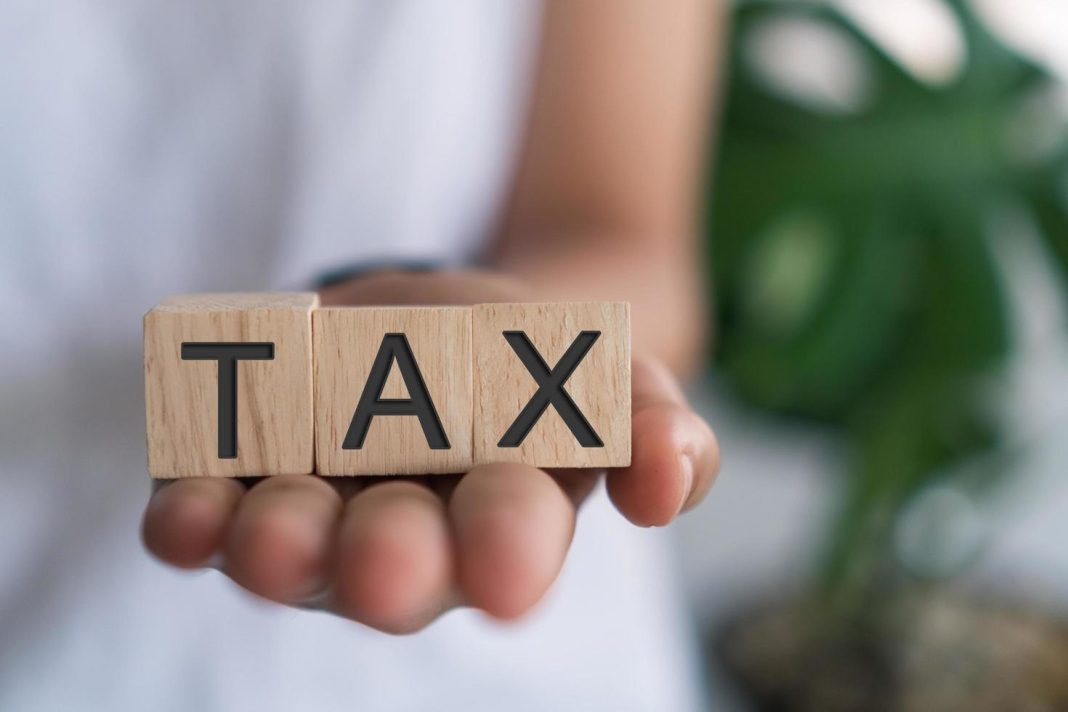Following an unsuccessful voluntary registration campaign for the Tajir Dost Scheme (TDS), the Federal Board of Revenue (FBR) is proposing an increase in withholding tax rates on supplies to non-filer wholesalers and traders, according to official sources cited by Dawn on Wednesday.
The FBR had launched an extensive registration initiative under the TDS, offering incentives to traders and wholesalers to voluntarily register in the formal tax framework by the April 30 deadline.
In the first month of the TDS voluntary registration drive, fewer than 100 traders registered despite significant efforts to attract participation.
Official sources revealed that the FBR has prepared a proposal to raise withholding tax rates on supplies to non-registered traders and wholesalers under the TDS. These new tax rates are expected to be announced in the budget for 2024-25 and will take effect from July 1.
Under the proposed plan, the withholding tax rate on supplies from manufacturers to distributors not registered with TDS will be increased to 10% from the current 0.2%. This tax impact will ultimately be passed on to retailers.
Manufacturers will withhold a 10% tax on supplies to distributors, which will then be transmitted down the supply chain. Similarly, importers will impose a 10% withholding tax on supplies across the supply chain.
Currently, the FBR imposes a 0.1% withholding tax on deliveries to filer tajirs, while non-filers are subject to a 0.2% withholding tax. The scheme aims to raise costs for non-registered tajirs.
According to FBR estimates, this initiative could generate an additional revenue of about Rs400 billion to Rs500 billion annually.
FBR officials are considering whether to extend the voluntary registration deadline for traders. Earlier, the FBR had offered incentives such as free registration and various tax-related benefits to encourage participation until April 30.
After the deadline, the FBR will begin mandatory registration of individuals. Failure to register will result in monetary penalties under Section 182 of the Income Tax Ordinance 2001.
Out of an estimated 3.5 million retailers, only 300,000 are actively filing tax returns. The new proposed scheme aims to bring the remaining 3.2 million retailers in major cities into the tax net.
The FBR has faced criticism for the failure of the TDS initiative. President of the All Pakistan Association of Traders and Traders Action Committee Islamabad, Ajmal Baloch, blamed the FBR for the scheme’s shortcomings, citing a lack of effective awareness campaigns and responsiveness to the business community’s concerns.
Mr. Baloch demanded an extension of the registration period and comprehensive consultations with all stakeholders.
Despite contributing 18% to the gross domestic product, the retail and wholesale sectors’ tax contribution stands at a mere 4%. The government has long sought to effectively integrate this sector into the tax net through various schemes, but political challenges and opposition from the trading community have hindered progress.
Under the current TDS, registration is mandatory for traders, shopkeepers, wholesalers, retailers, dealers, manufacturer-cum-retailers, importer-cum-retailers, and anyone combining retail and wholesale activities or involved in the supply chain of goods.
This initiative is exclusively for registering unregistered traders, dealers, wholesalers, unregistered importers, and manufacturers operating through retail outlets. It does not apply to companies or national/international chain stores with operations across multiple cities.
Unregistered traders and shopkeepers can apply for registration under Section 181 of the Income Tax Ordinance, 2001, by registering through the Tajir Dost module in the Tax Asaan app, FBR’s web portal, or by visiting Tax Facilitation Centres without any registration fee. The mobile app is available in Urdu and requires basic information such as name, CNIC number, city name, mobile number, provider mobile, and service power consumer number, without the need for assistance from tax professionals.




